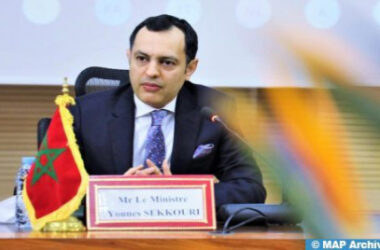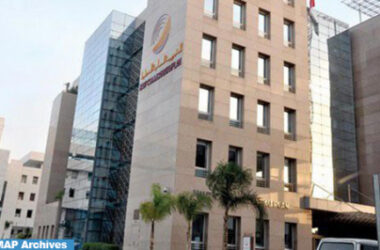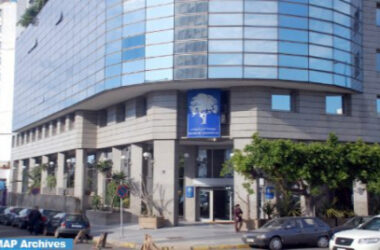“The Marrakech Declaration has laid a very solid foundation in a number of crucial areas for all Mediterranean countries, including education, employment, the inclusion of young people, the fight against poverty and job creation,” Schmit told MAP on the sidelines of a high-level meeting on skills organized by the Union for the Mediterranean (UfM) and the European Union (EU) from 11 to 13 July.
The conclusions of the Marrakech Declaration, which call for addressing the challenges of employment and employability for the most vulnerable, especially young people and women, are “important achievements” for building a better future, the European Commissioner noted.
In this sense, Schmit pointed out that the Marrakech meeting was “the spearhead” for the adoption of important initiatives and measures in the field of employment and training.
He went on to say that the High Level Meeting in Madrid “builds on the achievements of the Marrakech Declaration, which reinforced a very strong awareness on both sides of the Mediterranean of the need to intensify our cooperation and of the importance of the crucial role played by young people, who represent an enormous future and potential.”
The work of the High Level Meeting on Skills is structured around three panels focusing on investing in skills, supporting transitions (green, demographic and digital) and anticipating the future of work.
The event brings together a wide range of partners and stakeholders to exchange ideas, experiences and best practices to address today’s opportunities and challenges for skills and skills development in an ever-changing labour market. It aims to collect, discuss, evaluate and disseminate experiences and good practices, particularly in the areas of supporting the creation of decent jobs, quality education and training systems, skills and employability.










